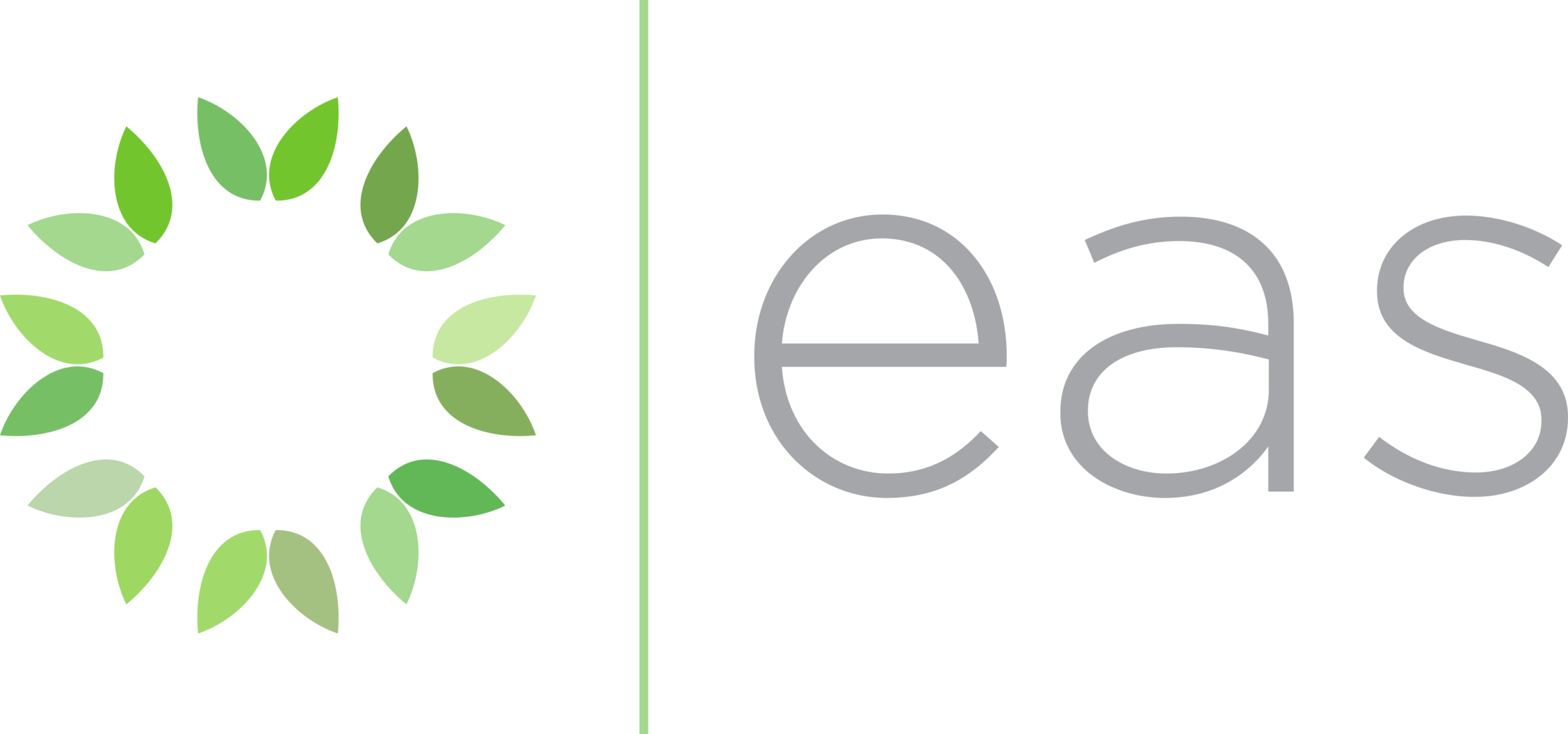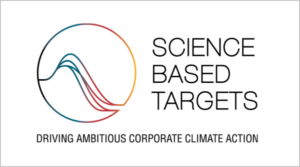Science-Based Targets
We assist organisations in establishing Science-Based Targets (SBTs) including Forest, Land and Agriculture (FLAG) SBTs, aimed at reducing emissions in accordance with the Paris Agreement and maintaining global warming below 2°C.
What are Science-Based Targets
Science-based targets (SBT) show organisations how much and how quickly they need to reduce their greenhouse gas (GHG) emissions to prevent the worst effects of climate change and align with the 2015 Paris Agreement.
These targets aim to reduce emissions to a level that will curb the global temperature increase to below 2°C above pre-industrial levels and pursue efforts to limit warming to 1.5°C.
Over 6,500 companies worldwide have either set science-based targets or have net-zero commitments verified by the Science Based Targets initiative.
Companies have reported that adopting science-based targets:
Improves investor confidence
Drives innovation and efficiency
Reduces regulatory uncertainty
Strengthens brand reputation
Aligns with your supply chain expectations
Elevates your status as a sustainability leader
Mitigates risk by securing a social license and aligning with investment trends
Forest, Land and Agriculture (FLAG)
The forestry, land, and agricultural industry is among the most vulnerable to the effects of climate change. However, it is also a significant source of emissions, accounting for nearly a quarter of global greenhouse gas emissions.
In order to keep the goal of limiting global temperature rise to 1.5°C achievable, minimise the risk of a food crisis, and enable the transformation to a global net-zero future, it is critical to reduce land-related emissions. This is where setting and achieving FLAG targets become an essential step for all businesses in this sector.
The requirements of the FLAG guidance are:
Set a near-term FLAG science-based target: 5-10 year emission reduction targets in line with limiting warming to 1.5°C.
Account for removals in near-term FLAG science-based targets: GHG removals include things like improving forest management practices, and enhancing soil carbon sequestration on working lands.
Set long-term FLAG science-based targets: Food and agriculture companies setting long-term targets will reduce at least 72% of emissions by no later than 2050.
Submit a no-deforestation commitment with a target date no later than 2025.
Set science-based targets for fossil emissions: Businesses with land-based emissions are required to set FLAG science-based targets AND science-based targets, since all companies produce fossil emissions.
Why work with us
As your dedicated SBT advisors, we guide your organisation towards a sustainable, low-carbon future, ensuring every step is taken with consideration and confidence.
Our comprehensive method involves leading you through a clearly defined five-step process. This approach is tailored not just for setting your science-based target but also for bolstering the skills of your internal teams. It’s about ensuring sustained engagement and success. The essential stages we will navigate together:
We support you in drafting and submitting a letter that conveys your intention to set a science-based target. Understanding that such commitments significantly impact your operations and supply chains, EAS collaborates with you to harmonise your target with your business policies and strategies. Our expertise enables you to make well-informed decisions, and we assist in communicating this commitment internally, building awareness and understanding of the SBT requirements.
The development of an emissions reduction target is a nuanced process. It requires a deep understanding of how the SBTi criteria apply to your business and supply chain. EAS assists in establishing a baseline through defining estimation boundaries, designing methodological approaches, identifying data sources, developing data collection systems and processes, evaluating software solutions, and implementing quality assurance and control procedures. This comprehensive support ensures the transparency, accuracy and confidence in your reported emissions and removals and we prepare your documentation for consistent reporting through time and for third-party audits.
As a team of experienced auditors, we speak the language of validation and verification. We understand the assessment criteria and the intricacies required by the standards. Our involvement in previous steps facilitates a smoother third party audit process, minimising uncertainties and guiding you seamlessly through it.
Effective and lasting communication is a cornerstone of our approach at EAS. We not only guide your immediate communication strategy but also focus on building your team’s long-term capabilities. Our role extends to supporting you through third-party reviews, ensuring your communication remains effective and aligned with your evolving SBT journey. This dual approach of immediate guidance and enduring support ensures your actions in emissions reduction are not just temporary initiatives, but part of a sustainable, ongoing process.
Reporting company-wide emissions and tracking progress towards your target is an ongoing requirement of SBT. EAS ensures rigorous quality control, adept change management, and continual improvement in your reporting processes. We focus on maintaining time series consistency and adhere to multi-stakeholder reporting standards, ensuring completeness and consistency in line with global best practice principles.
With EAS, you are not alone in your SBT journey. We meet you where you are, offering tailored support to navigate through the complexities of science-based target setting and implementation.
Key projects
With nearly two decades of expertise in Greenhouse Gas (GHG) accounting within the Forestry and Agriculture sectors worldwide, EAS possesses a global portfolio and a dedicated team adept at tailoring best practice methodologies for a transparent path to verification.
Key projects include:
Expertly guided and verified over 20 global projects focusing on various initiatives including Agricultural Land Management, Improved Forest Management, and various forestry and agricultural practices.
Conducted assessments of greenhouse gas emissions and removals through the food supply chain including at the farm level, focusing on dairy, beef, and lamb production as well as horticulture.
Provided capacity building and technical support to achieve external validation and verification of climate disclosures.
Delivered Carbon Farming training for agriculture producers and extension providers in various sectors, including livestock, dairy, crops, horticulture, and fisheries.
Who is EAS
We are a purpose-led company, driven by a commitment to make a positive impact. Our expertise spans the globe, and we are proud to partner with some of the world’s largest organisations.
Our approach is rooted in science and best practice which guides us in advising and implementing the latest scientific methodologies to address our clients’ unique challenges. Not only do we offer strategic guidance, but we also actively contribute to the development and authorship of methodologies that shape global standards.
Our Projects
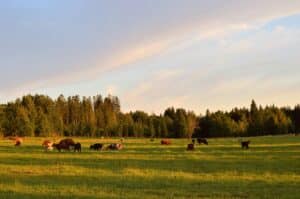
Enhancing emissions transparency: Ruminati’s commitment to SBTi standards
This case study explores how EAS collaborated with Ruminati to align its emissions tracking tool with the standards and guidelines of the SBTi.

Pioneering sustainable event management with QLDC, Wastebusters, and WAO
Queenstown Lakes District Council (QLDC) and Wastebusters, in partnership with WAO, are proactively working to improve the understanding of the environmental impact of events.

How EAS designed a blueprint for land sector MRV in Timor-Leste
This case study details an ambitious endeavour to leverage carbon farming and design MRV for the land sector in Timor Leste.

How EAS supported Ruminati to expand its online emissions calculator to New Zealand
Learn how we adapted Ruminati’s emissions calculator tool to meet New Zealand’s specific GHG accounting standards.

Crafting carbon literacy: How we developed MLA’s Carbon EDGE training manual
Explore the collaborative journey behind the creation of MLA’s Carbon EDGE pivotal training manual.
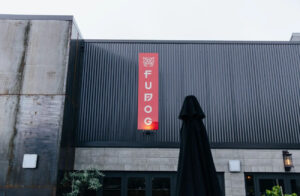
From carbon challenges to sustainable solutions: FuDog’s climate action journey
FuDog, a popular restaurant nestled in the heart of Wanaka, has embarked on an ambitious journey towards environmental sustainability.
